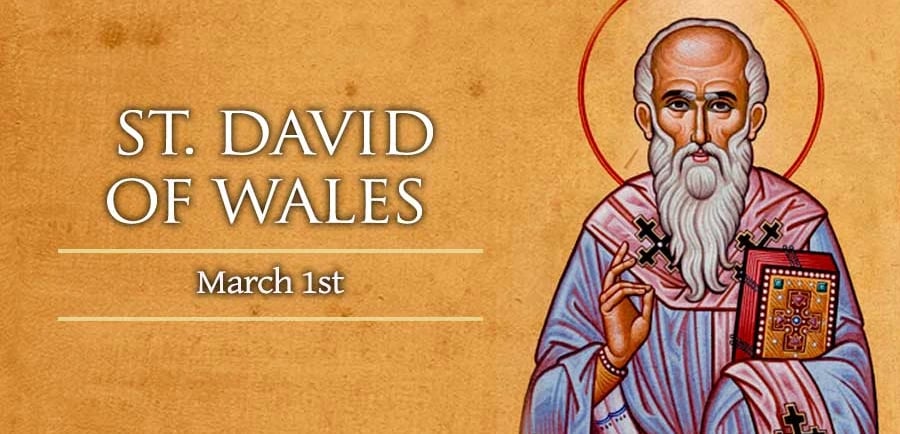Celtic Spirituality: St. David & the Early Celtic Church
St. David, one of the most revered saints in Britain, played a vital role in shaping Christianity in the Celtic tradition. His approach to proselytism was gentle and respectful. Rather than imposing his beliefs on the communities he met, St. David sought to engage with them. He emphasised love, humility, and simplicity, appealing to the shared values of the local populace.
SAINTS


Celtic spirituality is a unique and vibrant expression of Christian belief that emerged in the early centuries of the Church in Britain. Rooted deeply in a love for nature, community, and the mystical elements of life, Celtic spirituality often emphasises an intimate connection with the divine through the beauty of creation. However, like any spiritual path, it has its strengths and weaknesses, especially when viewed through the lens of the historical church set up by St. David.
One of the most captivating strengths of Celtic spirituality is its focus on the interconnectedness of all life. It reveres nature not merely as a backdrop to human existence but as a manifestation of the divine. This worldview fosters a profound respect for the environment and encourages sustainable living—ideas that resonate deeply in today's ecological discussions.
Celtic spirituality's communal aspect resonates with the heart of many believers. The emphasis on community worship and collective decision-making creates a sense of belonging that many find lacking in more hierarchical religious structures.
Some weaknesses exist in this approach, particularly concerning its occasional ambiguity in doctrines. The rich tapestry of myths, symbols, and practices can sometimes blur the lines of core Christian teachings, potentially leading to a form of spirituality that becomes more about experience than doctrine.
The lack of a centralised authority in early Celtic Christianity sometimes resulted in practices that varied significantly from one community to another, leading to confusion and potential division among believers.
St. David, one of the most revered saints in Britain, played a vital role in shaping Christianity in the Celtic tradition. His approach to proselytism was gentle and respectful. Rather than imposing his beliefs on the communities he met, St. David sought to engage with them. He emphasised love, humility, and simplicity, appealing to the shared values of the local populace.
When he established monastic communities, he did so not merely as places of worship but as centres of learning and community life. His focus on education and self-sufficiency helped local people feel empowered rather than coerced, making him an effective spiritual leader.
Fast forward to the 21st century, and the legacy of St. David continues to influence the Church profoundly. His ideals of nurturing communities and respecting creation are at the forefront of many contemporary church initiatives. With increasing concerns over environmental degradation, the principles of Celtic spirituality—so closely linked to St. David's teachings - are being revived as a way for faith communities to engage with ecological issues.
The sense of belonging fostered by St. David’s model encourages today’s churches to cultivate inclusivity and a sense of community among their congregants, reflecting the essence of early Celtic Christianity.
Celtic spirituality has its strengths and weaknesses, however the approach of St. David remains a beacon of hope and guidance for modern believers. His legacy reminds us that faith can be a force for community building, environmental respect, and genuine love - a message desperately needed in today's world.
“Be joyful, keep the faith, and do the little things that you have heard and seen me do.” The last words of St. David, 1st March 859 AD.
Ancient Apostolic Catholic Church
Embracing faith, inclusion, and compassionate service together.
ST THOMAS AQUINAS SEMINARY
© 2025. All rights reserved
QUICK LINKS
